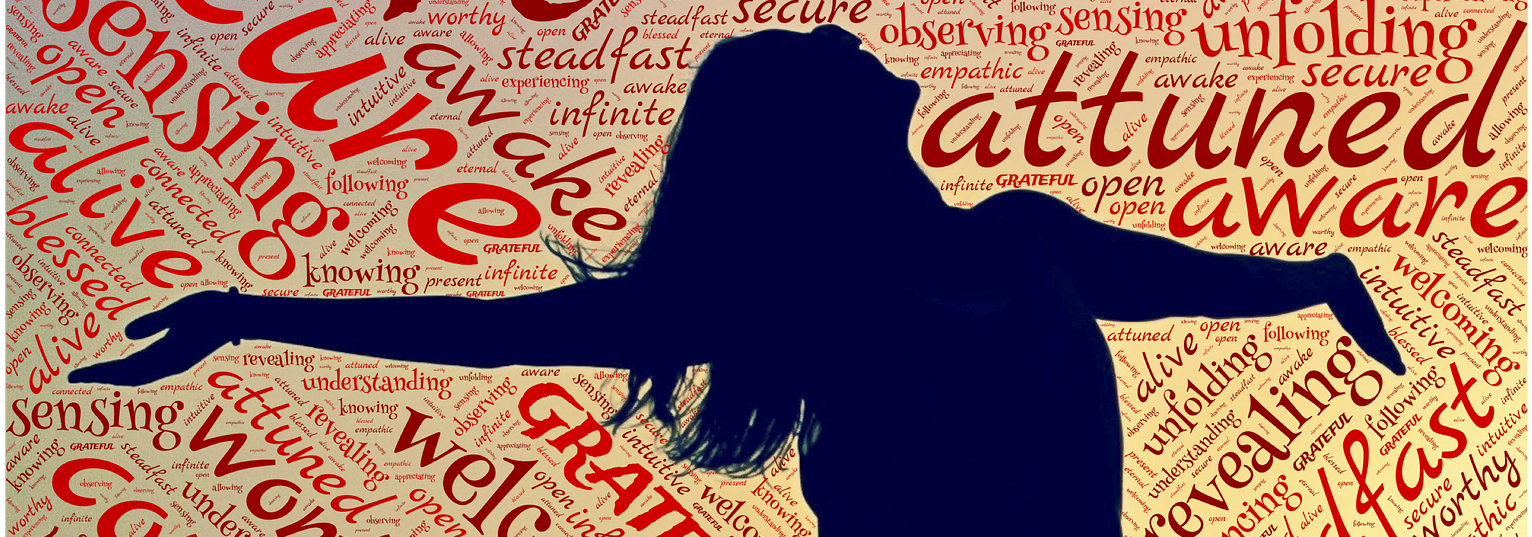Navigating Family Dynamics
Welcome to November! A chill is in the air and we begin to turn our focus inward. Colder weather has us indoors and confronting our feelings more. It puts us in closer proximity to our families, often a trigger for survivors of sexual abuse. Issues can be intense and wide ranging as family members (both alive and dead) may have been a perpetrator, an enabler, a doubter or a challenger to one’s sense of self.
The beginning of November is a spiritual time of year that honors the dead, especially family members. In Catholicism, All Souls Day honors deceased loved ones and people pray to God for souls lingering in Purgatory in the hopes they can be cleansed of their sins and enter Heaven. Samhain is a Pagan holiday that marks the beginning of the “dark” or reflective period of the year. The boundary between the plane of existence for the living and spirits is at its thinnest. Deceased family members are remembered and welcomed back into the home. Life is celebrated in all its phases and feast meals help resolve long-standing issues. The Mexican holiday Day of the Dead merges these traditions. Families create altars to the dead with their pictures and offerings of their favorite items as tangible connections. Festive meals filled with stories and memories, are held where doors and windows are left open and a setting at the table is laid so the dead can share in the festivities. These activities are viewed as celebratory and reconnecting family members both alive and deceased.
If you have issues with a family member who has died, treat this time as a special gift. Processing your emotions as a survivor with a person who is deceased is a tricky situation that can bring up a unique set of emotions. We will explore activities to help you heal in group or private settings later in the month.
Family gatherings can be a time of mixed emotions and interpersonal dynamics for Survivors, especially if your abuser will be present. After a Survivor shares their story with their family, they can feel ostracized. When someone hears a Survivor’s truth, the person can be at a loss for how to process the news. Sadly, the most frequent response is denial. If your family is able to accept the trauma happened, they could be masking their pain and shame by trying to maintain a pleasant façade and avoid the perception of taking a side. This could mean members wanting you to “make nice” with someone that hurt you or even excluding you from certain events. Although, you are justified in worrying that you might not be getting invited to all events, your family could be concerned on how to balance seeing you and seeing your abuser (or enabler). What you see as isolating, could in fact be your loved ones trying to finally protect you from further pain as well as preventing a trigger for themselves.
You and your family could be having difficulty on how to discuss your trauma. Often this is because they are having trouble processing the situation and how to best react to your words, behaviors and actions. What you have perceived as blame, shame or apathy could actually be that family member processing their own pain and confusion. Take a step back and try to look at your dynamics objectively. Are they accepting of what you need to discuss or it is something that quickly gets swept under the rug? How do they handle any discussion? Try to read between the lines to understand how they are processing and what pain they might be experiencing themselves. Often, when we hurt or are under immense stress, we fail to communicate our thoughts effectively. If you are not getting the support you need, take a pause and understand their reactions could really be your family’s woundedness and shame in not being able to protect you or walk alongside you in the darkness.
While you are establishing the boundaries for yourself, you will also need to be willing to understand other people’s perimeters and honor them as respectfully as possible. When you interact with a problem family member what are your expectations? Have you been able to have difficult, but necessary conversations? Frequently, an issue that arises is that family members may not acknowledge the abuse nor its impacts on a survivor. People can feel this situation was embellished, or worse, a lie. By not receiving external validation, a survivor may feel like they are being hurt all over again and that they need to argue their case, or even their self-worth more firmly.
In order to heal hurts within a family, you need to be responsible for your perspectives and your actions. Surrender any need you might have for external validation as well as the desire to manipulate anyone else’s thoughts or behaviors. It is impossible to change anyone without them wanting to alter the situation. Instead be the change that you want to see in your family dynamics. Begin by making sure your personal needs are met and you feel healthy.
Issues and hurts took years to build. Therefore, you can’t expect things to heal and more beneficial patterns to emerge immediately. However, where there is sincere love, there is hope. Truly supportive relationships take work by both parties. If you both value the relationship, then you both must work to fix the disconnects. Be honest with yourself as you seek to understand the value of this person, or people, in your life. If they are of little value or not willing to help you be the best version of yourself, then limit contact with them as much as possible. Your biggest duty is to love and honor yourself. This means establishing and maintaining boundaries and time every day for both reflection and self-care.
Navigating family dynamics is stressful and calls on us to love ourselves as well as surround ourselves with uplifting allies. We at Survivors to Thrivers are here for you during the hustle of balancing family obligations with self-care. Post a comment, email, or engage with us on our social media channels on how you are building healthier interactions with your family, or any self-care tips you have picked up along the way. Thank you for being a part of this inspiring movement.

 Talk To Tambry
Talk To Tambry
I am glad you have taken the time to engage with this blog. Sometimes it is helpful to process new insights that emerge. If you would appreciate brief time with a someone who understands, our Talk to Tambry offering is for you. For 30 minutes, you can receive support from Tambry who is a certified life coach, spiritual director and a survivor who has been on the journey as well. This is offered at a reduced rate of $50.




